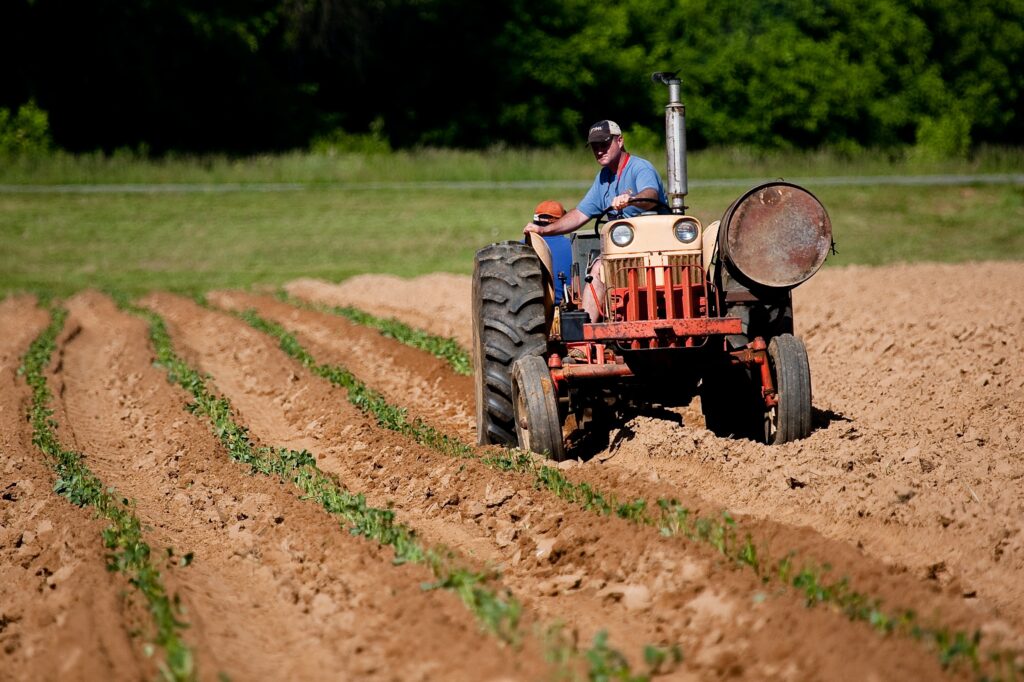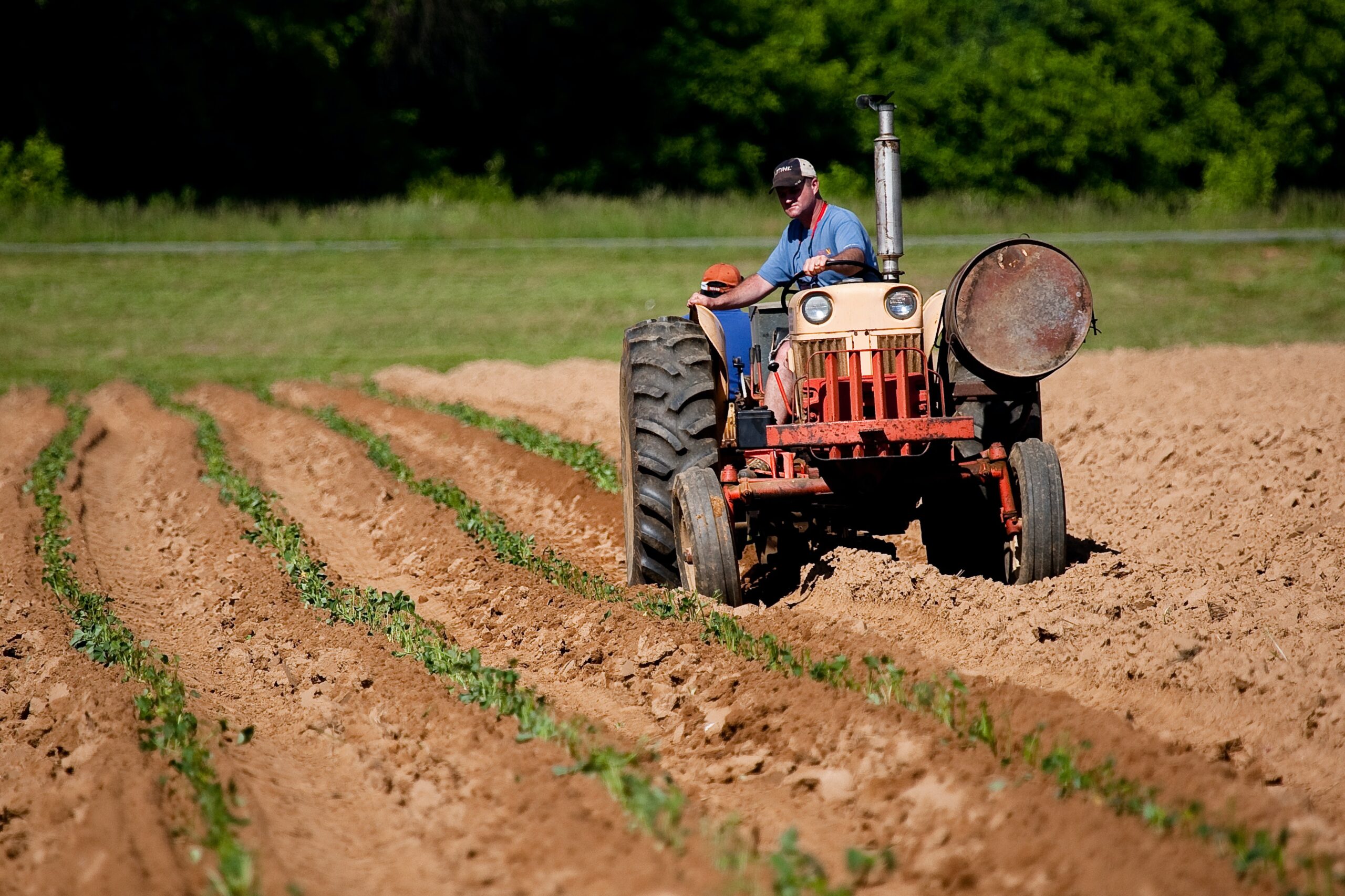
By Phephile Motau
In a bid for the country to achieve food security, the Minister of Finance Neal Rijkenberg has increased the agriculture budget by E274 million to E1.63 billion.
This means the agriculture allocation makes up six per cent of the overall budget. The minister said the agriculture sector has demonstrated resilience in the wake of the production disruptions faced in the past year, attaining a growth of 1.6 per cent of GDP in 2022.
He said the sector was expected to maintain this growth rate in 2023 and the government would continue to invest in the agriculture sector to ensure food security at household and national levels, as well as promote commercial agricultural production.
Read More: Top NMC officials fingered in E90m farm subsidy fiasco
Amongst other things, the allocated funds will be utilized in the construction of secondary distribution canals and LUSIP II infield irrigation development where the target is to irrigate an area covering 5 200 hectares in the Lowveld.
Loan Funds
A total of E546.8 million in loan funds have been put aside for the construction of a secondary canal and downstream development, and E100 million in local funds for project coordination and management, tax and resettlement.
“This budget also provides for the start of the construction of the Mkhondvo Ngwavuma water augmentation project,” he said.
For the project, the government has set aside E10 million local funds for the resettlement of 77 homesteads (dam basin) and environmental mitigation and E300 million loan funds for the construction of Mpakeni Dam.
The government has also provided E60 million in local funds for project management, planning and chiefdom development, contract supervision and VAT.
Establishment of Agricultural fund at its final stages
The minister said the establishment of the Agricultural Development Fund was also in the final stages. This fund will mobilise resources that will enhance access to agricultural credit by private sector players in the sector and individual farmers.
Read More: US launches climate resilience programme for African agriculture
It will also fund the setting up of basic and pre-requisite infrastructure that will attract more investment to the sector and increase production.
The Eswatini Agriculture Development Fund is expected to relieve some of the fiscal pressure on the budget in terms of agricultural financing.
Agriculture accounts for 8.6 per cent of GDP and is a key pillar of Eswatini’s economy which provides critical inputs to manufacturing (30 per cent of GDP) and is a source of livelihood and employment to 70 per cent of the country’s population.
The Eswatini Agricultural Development Fund will catalyse investments along potentially transformative value chains through de-risking investments by the private sector and farmers.
Fund Regulation
This is according to the Eswatini Agriculture Development Fund Regulations, 2022 which came into force in December 2022. The Fund, according to the regulations will also provide a special vehicle for strategic investments by the Government in public infrastructure to catalyse further value chain investments by farmers and the private sector and also mobilise additional financial resources for investment in the country’s agriculture sector from domestic and international sources.
According to the regulations, one of the purposes is developing critical infrastructure for agriculture such as dams, packhouses and processing facilities, access roads, and any other related agriculture infrastructure.
The fund will also support the establishment of sector or industry associations and the drafting of sector development plan agreements, support the establishment of farmer organisations for aggregation purposes; and evaluate the use of the Fund assets.
The Principal Secretary (PS) in the Ministry of Agriculture will be responsible for administering the Eswatini Agriculture Development Fund and head its steering committee.
Steering Commitee
According to the regulations, the Ministry of Agriculture will enter into an agreement with a financial institution for the administration and maintenance of the Fund and all the monies due to the fund shall be deposited into the dedicated bank account.
The Minister of Agriculture will be responsible for establishing the steering committee which shall consist of the PS as the chairperson. It will also consist of the PS in the Ministry of Finance or their representative, the PS in the Ministry of Economic Planning and Development or their representative and the PS in the Ministry of Commerce Industry and Trade or their representative.
Read More: Bolstering agro-processing in SADC
The steering committee will be responsible for the approval of the fund’s strategic plans, approval of annual work plans and budget, consideration and approval of proposals ad investments to be supported by the fund and also the review of the fund’s performance reports on a quarterly and annual basis.
The steering committee will also be responsible for supporting the resource mobilisation strategies of the fund. The fund will also have a technical committee whose chairperson will be the Principal Agriculture Economist and will have six other members.
These are the Director of Agriculture if their representative, the Director of Veterinary and Livestock Services or their representative, and a representative of the Managing Director of the Financial institution.
Technical Support
Other members will be a representative of industries including horticulture, livestock, and crop or grain industries.
The technical committee will provide technical support to inform decisions of the fund steering committee, inform and review the strategy, work plans and budget and also evaluate proposals and investments to be supported by the fund, among other duties.
Meanwhile, the fund will also have a semi-autonomous secretariat under the Ministry of Agriculture on a contractual basis for a period not exceeding three years.
The Minister of Agriculture will appoint the Director of the secretariat and some duties of the secretariat include developing a strategy, annual work programs and a budget for the fund.
The secretariat will also be responsible for engaging the private sector, government, international partners and people of Eswatini to contribute to the fund.




